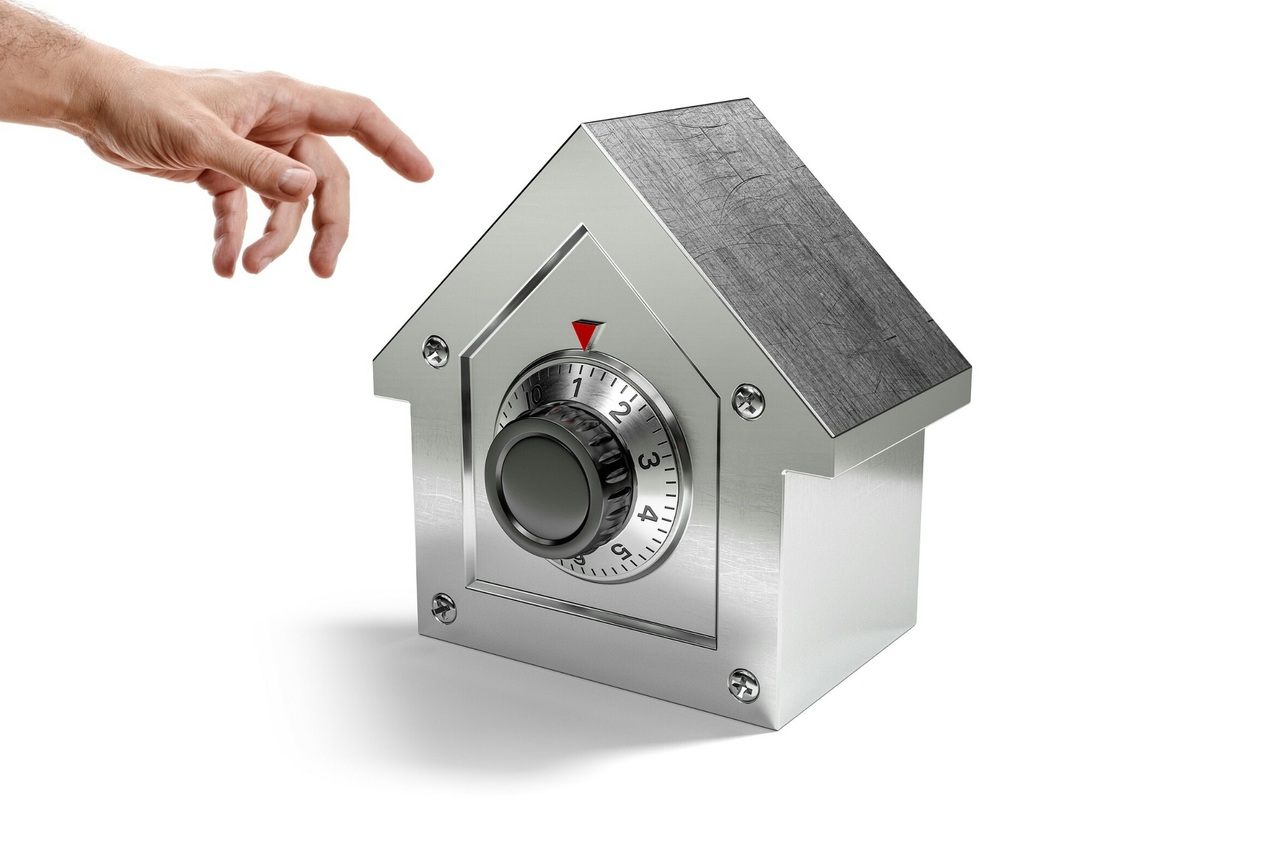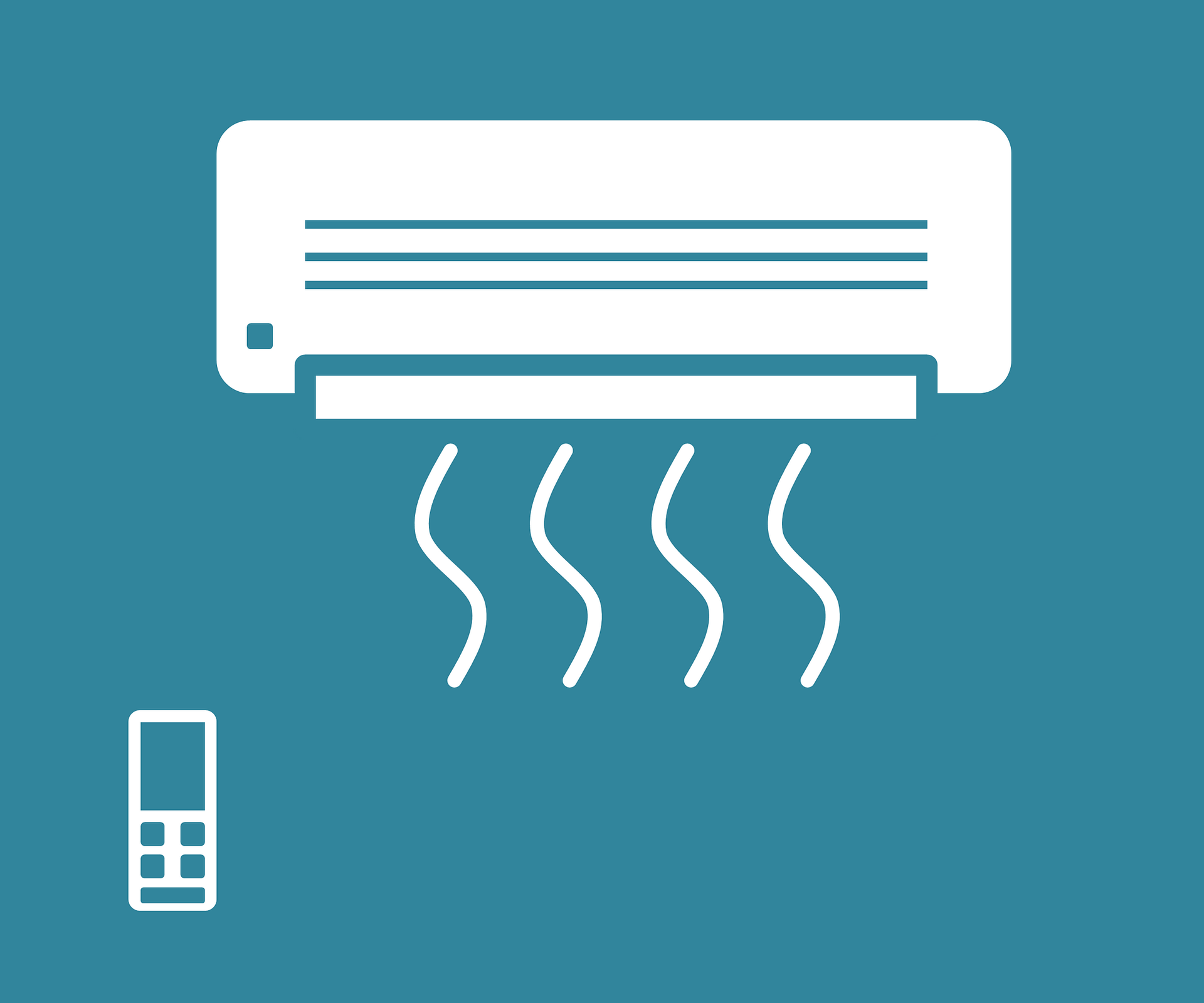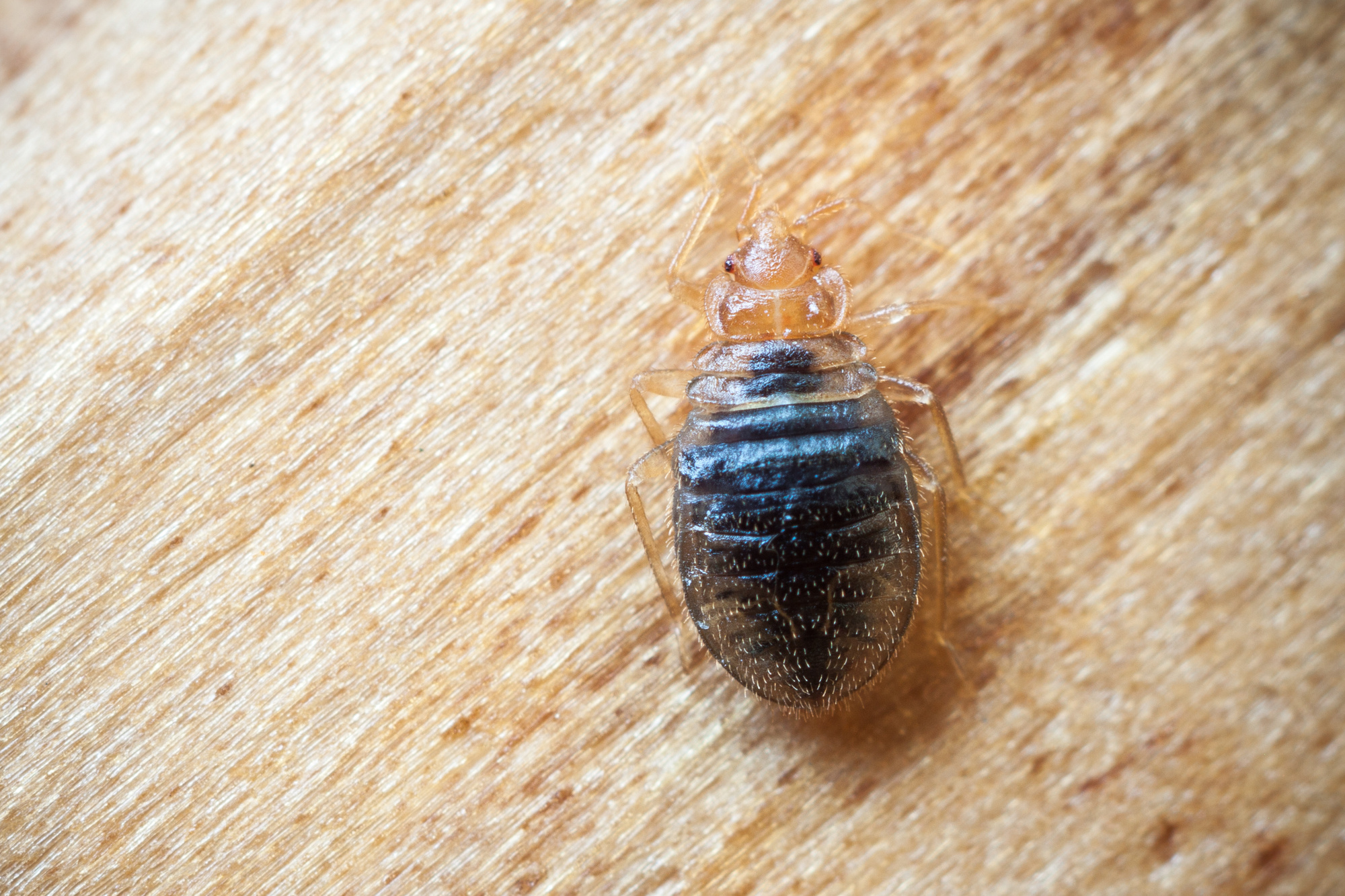Health safety when it comes to food is critical for any home or business. According to Australasian Science, 1.2 million people suffer from food poisoning each year, resulting in 300,000 prescriptions and 2.1 million days in lost work over the year. Furthermore, up to 120 people die from food poisoning in Australia. This usually happens because people aren’t aware of the food safety practices to prevent any food health threats. In 2014, there was a salmonella outbreak with 1404 Australians falling ill, 322 hospitalised and 2 deaths. Food health is dangerous if it isn’t managed well. To minimise the risk of food poisoning whether you work in food service, or are simply preparing a meal for friends, we suggest taking the following actions when undertaking food handling:
Wash your hands properly.
Whenever food has been handled (in particular poultry), ensure that your hands are washed properly to prevent the spread of bacteria. Both hands should be fully immersed in water and soaps that are antibacterial should be used. You can see a short video below that shows how hands should be washed to prevent the spread of bacteria.
By washing your hands properly, you will minimise the risk of cross contamination when you are handling food.
Use separate chopping boards.
Raw foods can contain harmful bacteria that can spread to anything that it comes into contact with. To avoid cross contamination, use separate chopping boards for meat, poultry and eggs.
Wrap foods well to avoid the risk of cross contamination.
Protect your food from bacteria by using plastic or aluminium wraps. It is advised that only new wraps are used to avoid any further risk of cross contamination. The ideal solution is to invest in a vacuum sealer that can safely seal and store poultry, meats and other food items securely to prevent the risk of cross contamination.
Store raw meats on the bottom shelf.
By storing raw meats at the bottom of your refrigerator storage, you will minimise the risk of cross contamination with ready to eat foods such as salads or breads.
Clean your worktops.
Generally, your worktops should always be kept clean. However, if the worktops have been exposed to raw meats, it is important that you clean and disinfect the worktops with hot soapy water.
Cook food thoroughly.
When consuming meats, ensure that it is cooked thoroughly. When cooking, check the inside of the meat to make sure it isn’t raw. The inside of the meat should be steaming when you cut through it after cooking.
Check the condition of the food items when you purchase them.
Check to see that the packaging of your food is in good condition. Signs that the food’s packaging is torn may have exposed it to bacteria. Additionally, make sure you purchase the food prior to its best before date. Look at the condition of the food to see if it still looks fresh or if it is starting to perish.
Avoid consuming raw eggs.
Your consumption of raw eggs may leave you scrambling to get to the hospital. Err on the side of caution when consuming dishes that contain eggs that are minimally cooked or raw. People should take caution when consuming:
- Hollandaise sauce
- Tiramisu
- Mousse
- Fresh mayonnaise
- Health shakes that contain raw eggs
People that have a higher risk with contracting food poisoning include the elderly, small children, pregnant women and people that have a weak immune system.
Get your food into the right storage area as quickly as possible.
It is possible that your food may become exposed to bacteria whilst it is in transit to your storage area. Ensure that you take the shortest route to your storage area and that the transit storage solution will minimise any food health risks.
Food health safety is important to prevent the spread of health risks and illness. Seek to keep your food stored well and to prevent cross-contamination to maintain health and well being when it comes to food consumption.









